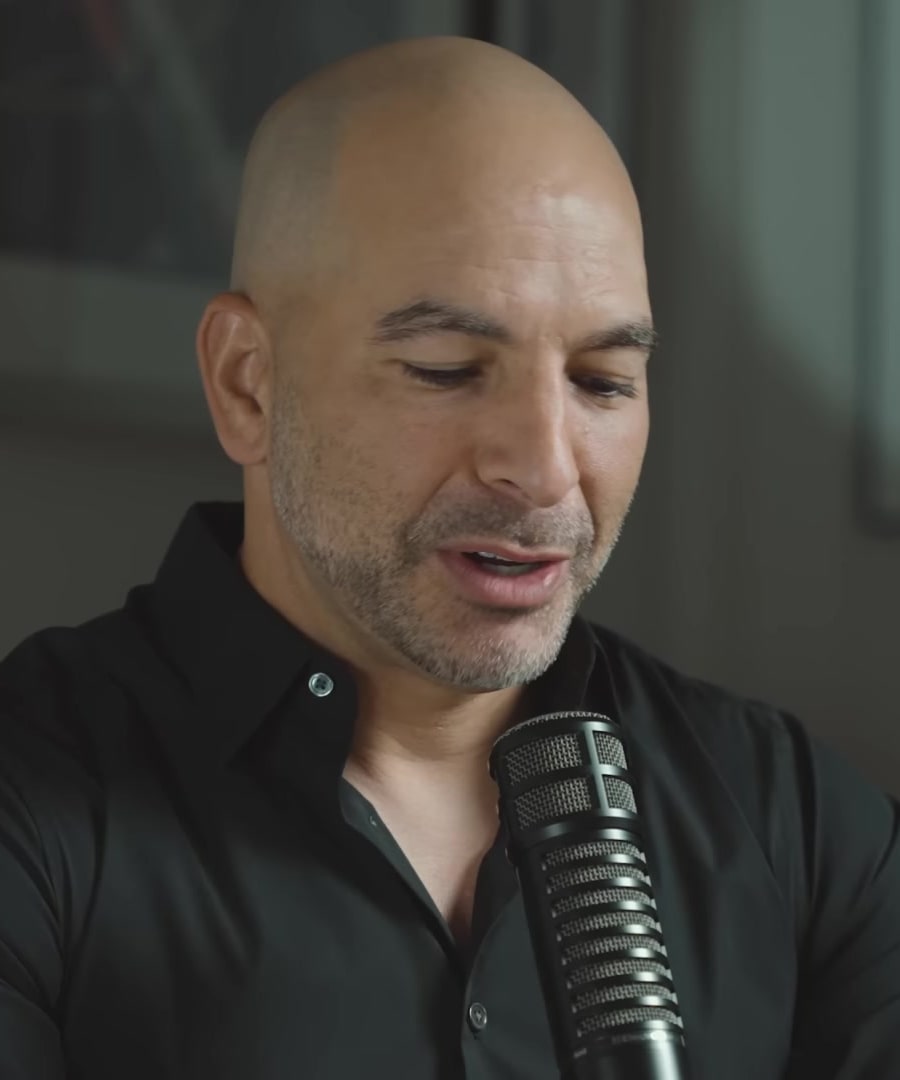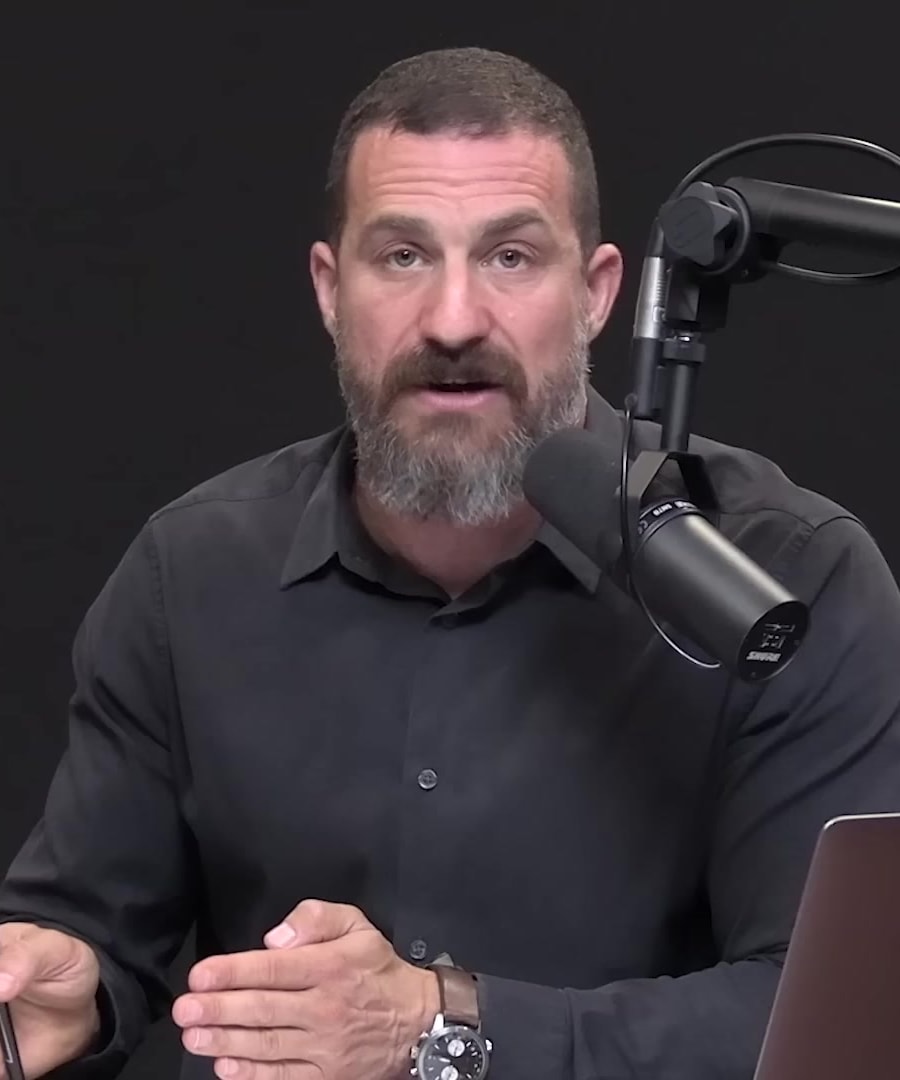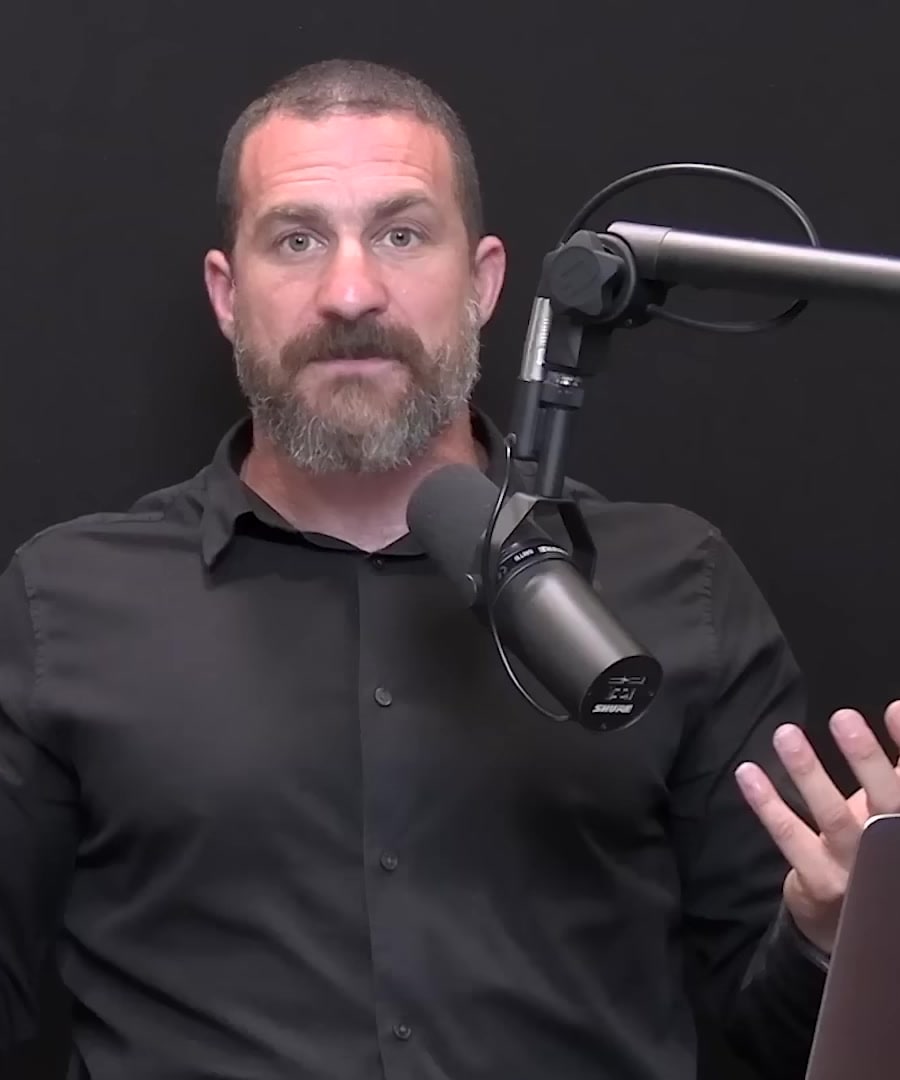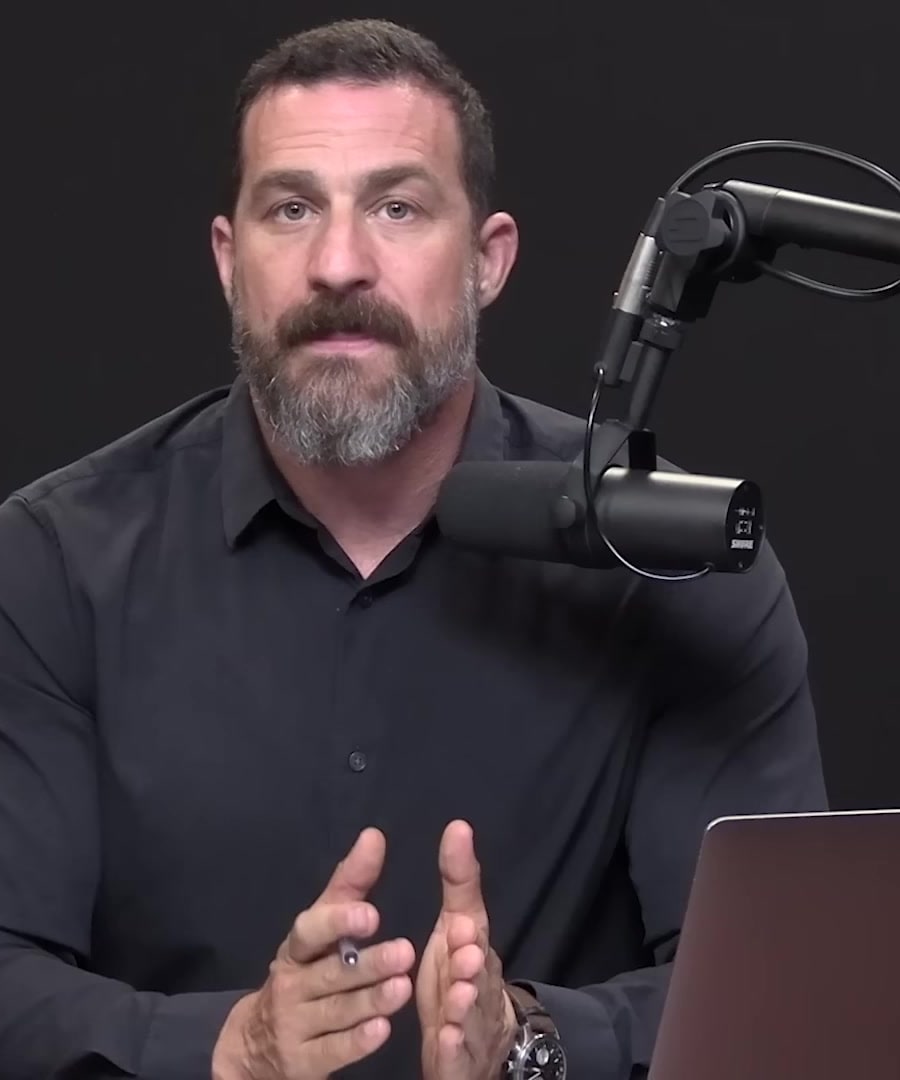Create a plan utilizing all effective protocols to combat SAD and tell me about anything else I should be aware of
Sources:
To effectively combat Seasonal Affective Disorder (SAD), suggests several key protocols based on his insights and recent research:
-
Bright Morning Light Exposure: Aim to get bright light exposure, ideally from sunlight, in the morning. This is crucial for resetting your circadian rhythm and improving mood. If sunlight is not available, use a SAD lamp or bright artificial light source with at least 10,000 lux in the morning 1 2.
-
Seek Evening Light: In addition to morning light, try to get some light exposure in the late afternoon or around sunset. This helps recalibrate your circadian rhythm, reducing the effect of artificial light at night, which could otherwise disrupt sleep and mood 3 4.
-
Consistent Sleep Schedule: Maintain consistent sleep and wake times. This stability supports your body's internal clock and can alleviate symptoms of SAD 5.
-
Manage Darkness at Night: Ensure that your sleeping environment is dark. This supports melatonin production and helps improve sleep quality, which has an positive impact on mood and energy levels 1.
-
Physical Activity and Nutrition: Regular physical exercise and fixed meal times contribute to mood regulation and overall mental well-being. Ensuring proper nutrition supports brain health and can help mitigate the effects of SAD 5.
-
Nature and Negative Ionization: Spending time in nature, especially near water bodies that provide negative ionization, can boost mood and well-being. If possible, incorporate walks in natural settings as part of your routine 6.
-
Avoid Nighttime Light Exposure: Minimize exposure to bright or artificial lights after sunset. Use dim lights if necessary and avoid screens before bed to prevent disruption to your circadian rhythm 7.
By implementing these strategies, you can potentially reduce the symptoms of SAD and enhance your mental health during seasons with reduced daylight. Always consult with a healthcare provider for personalized advice if you have severe symptoms or a mental health condition that requires targeted treatment.
RELATED QUESTIONS-
Create a plan utilizing all effective protocols to combat SAD and tell me about anything else I should be aware of
- RELATED QUESTIONS






